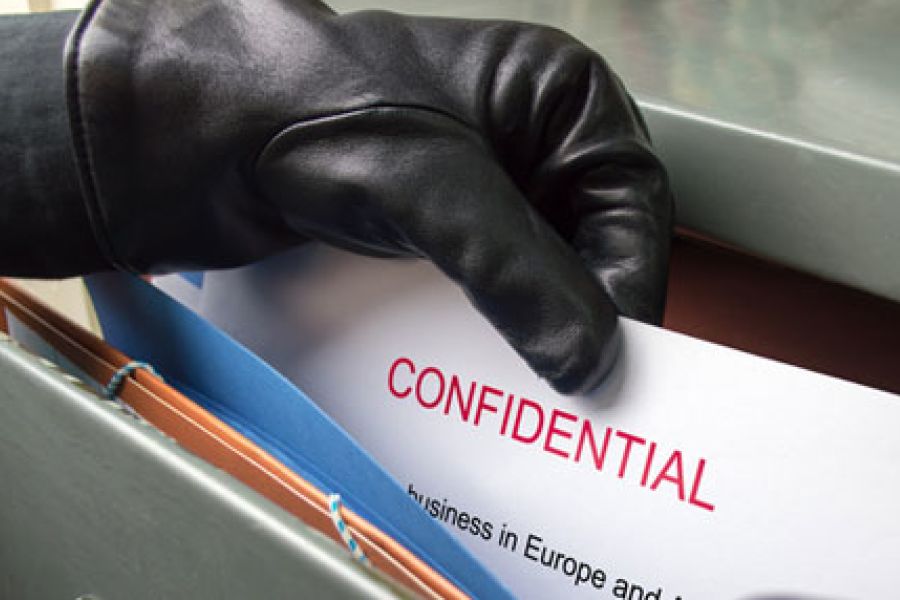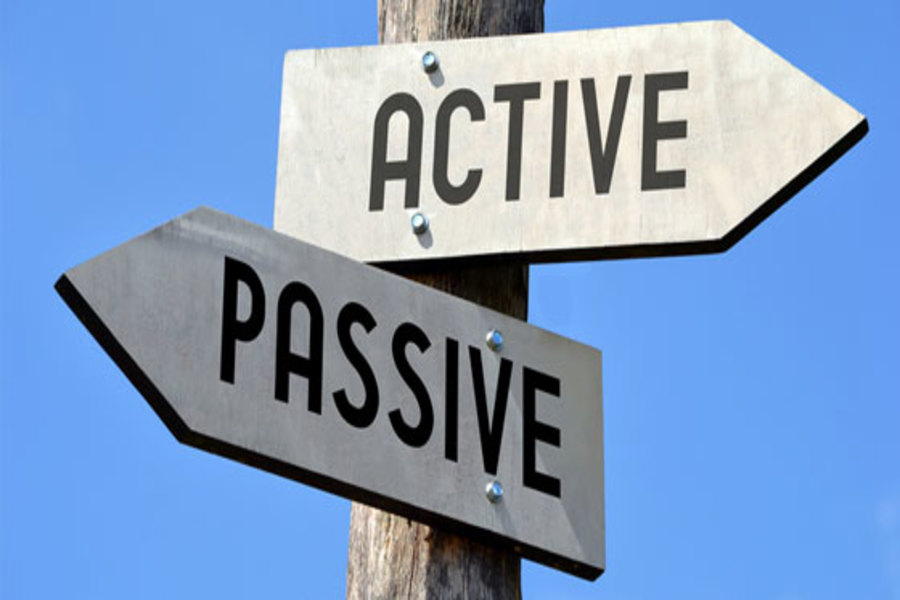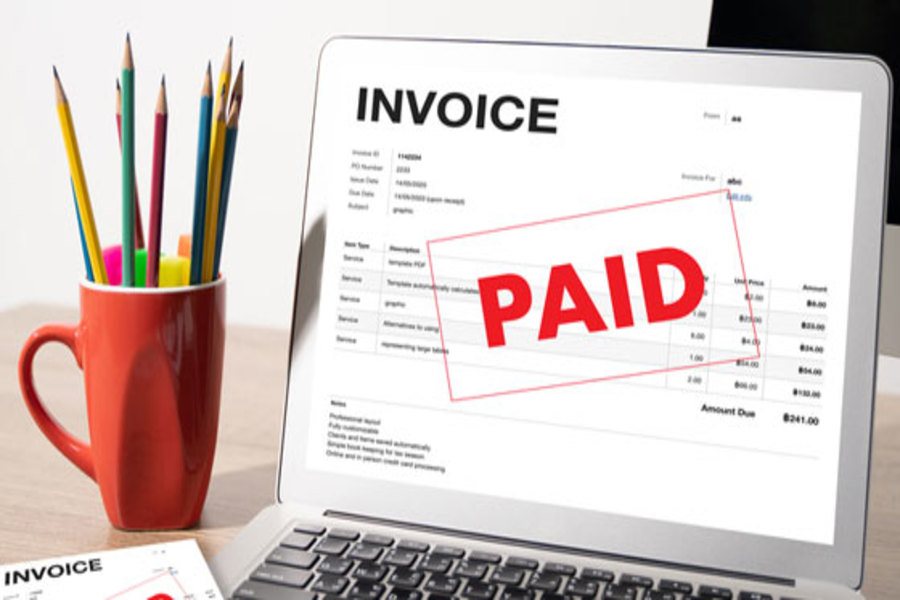Typosquatting takes advantage of an inclination among internet users known as “fat fingers” — a tendency to hit the wrong keys and enter misspelled trademarks or brands. Like phishing, typosquatting is a type of social engineering that tricks people into visiting websites they didn’t intend to visit. These schemes can harm both consumers and the businesses whose names are abused. Connection to cybersquatting Typosquatting is connected to cybersquatting, where someone registers a site’s domain name that includes a trademark and then tries to profit by selling that name to the trademark owner. With typosquatting, fraudsters register URLs that are common misspellings of company and brand names. For example, a bad actor might register landswnd.com and lnadsend.com. Then, when users try to visit the site of retailer Lands’...

Corporate espionage has long been a threat for U.S. companies. Recently, intellectual property theft by foreign governments and organized crime gangs has grabbed headlines — for good reason. According to the U.S. Justice Department, 80% of its economic espionage prosecutions target schemes that would benefit China. Yet for most businesses, the threat comes from employees and former employees who take advantage of lax environments with few internal controls. The problem . . . and a solution Employees with access to trade secrets may take that information with them when they leave your company for another job — or pad their paychecks by selling it to your competitors while still employed. As with all types of fraud, workers are more likely to participate in corporate espionage if they’re...
Earlier this year, the Corporate Transparency Act (CTA) became the latest law intended to foil financial crime. This law is part of the National Defense Authorization Act and requires certain entities to disclose the identities of those who own or control it. Anonymous no longer Perpetrators of criminal acts such as fraud, drug and human trafficking, and terrorism often use anonymous or shell companies to launder ill-gotten funds and avoid prosecution. By removing anonymity from business ownership, the CTA makes it harder for criminals to engage in criminal activity. Forcing disclosure of an entity’s beneficial owners enables law enforcement to penetrate corporate walls. In fact, New York Federal Reserve research suggests that the CTA will reduce criminal transactions by approximately 70%. Covered entities Unlike other laws designed to combat financial...
For-profit colleges and vocational schools — especially online programs — provide degree-earning opportunities to many Americans who might not otherwise be able to pursue higher education due to financial pressures and work or family obligations. But as countless complaints and lawsuits suggest, some for-profit institutions engage in deceptive, and even illegal, recruiting and retention practices. In early October, the Federal Trade Commission (FTC) put 70 for-profit schools on notice that they could incur costly sanctions for certain activities. Specifically, the schools were warned about misrepresenting the “career outcomes” of their graduates. Learn more so you and your family members can avoid paying for a degree that’s not worth the paper it’s printed on. Clear warning The FTC’s Notice of Penalty Offenses covers practices such as exaggerating the percentage...
The Association of Certified Fraud Examiners’ (ACFE’s) Report to the Nations: 2020 Global Study on Occupational Fraud and Abuse provides ample evidence that some fraud detection methods are better than others. In general, passive methods, such as accidental discovery or notification by police, coincide with longer-running schemes and higher financial costs. To nab dishonest employees quickly and limit losses, your company needs to be proactive. Shorten time, minimize costs Active methods include IT controls, data monitoring and analysis, account reconciliation, management review, surprise audits and internal audit. These methods can significantly lower fraud durations and losses. For example, frauds detected by IT controls had a median duration of six months and a median loss of $80,000. Those found through account reconciliation ran for a median of seven months...
At first glance, calculating restitution for fraud damages may seem relatively simple. If someone steals $10,000 from a company, that person should repay that amount, perhaps with interest, right? Not quite. Financial experts also consider the profits the business lost because of the fraud — and weigh different methods of computing damages. The appropriate approach Experts typically use either the benefit-of-the-bargain or out-of-pocket approach to calculate damages. The appropriate method depends to some degree on the location and nature of the fraud. But in most cases, the benefit-of-the-bargain method results in greater restitution for victims. Take, for example, a property developer who buys a parcel of land that the seller says is worth $1 million but is offering at $900,000. In truth, the seller is lying about the...
Vendor fraud can be costly — particularly when several perpetrators are involved. The median loss of a fraud scheme conducted by two individuals is $200,000, according to the Association of Certified Fraud Examiners. Losses rise precipitously to more than $500,000 when four or more people commit the fraud. These schemes typically involve the collusion of employees with outside parties or a conspiracy between suppliers. But you can help prevent vendor fraud in your business by familiarizing yourself with the schemes. Types of schemes Vendor fraud can take one of several forms. Price fixing is an agreement among competitors to set the same price for goods or services. It also refers to competitors jointly establishing a price range or minimum price. Such agreements violate the Sherman Antitrust Act,...
What do COVID-19, major hurricanes and West Coast wildfires have in common? All three have attracted scam artists, who have bilked disaster victims, charitable donors, insurance companies and government agencies out of billions of dollars. Also, all of these disasters — and the criminals who take advantage of them — are the focus of The National Center for Disaster Fraud (NCDF). Let’s take a look at what this partnership between the U.S. Justice Department and various law enforcement and regulatory agencies does to investigate and prevent fraud. Investigate and prevent The NCDF was established in 2005 after Hurricane Katrina to combat the massive fraud schemes that emerged as financial aid poured into the Gulf region. The agency now coordinates investigations into all kinds of natural and manmade...
Forensic accountants have long used technological tools to uncover fraud schemes. But recent advances in “big data” have provided even better, more efficient techniques for identifying suspicious activities and dishonest employees. These are three common ways fraud experts use data analytics: 1. Association analysis This method can help identify suspicious relationships by quantifying the odds of a combination of data points occurring together. In other words, it calculates the likelihood that if one data point occurs, another will, too. If data point combination occurs at an atypical rate, a red flag goes up. For example, association analysis might find that a certain worker or manager tends to be on duty when inventory theft occurs. 2. Outlier analysis Outliers are data points outside the norm for a given data set. In...
Before the COVID-19 pandemic, most fraud investigations took place in the office or other work facility. This made it easy for investigators to gather and analyze data and interview suspects and witnesses in a face-to-face setting. But if your company allows employees to work from home — either temporarily or permanently — you may need to conduct a remote fraud investigation. In addition to suspects and witnesses working remotely, those tasked with conducting investigations (including outside experts) may also be remote. Here’s how to manage these situations. Policies and procedures First, develop policies and procedures for remote investigations. If you already have written polices for traditional fraud investigations, use them as a starting point. Some features, such as the role and processes of investigators may remain basically the...











